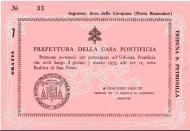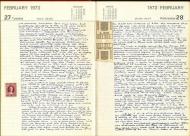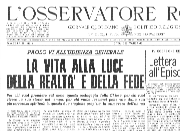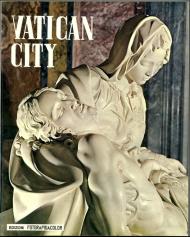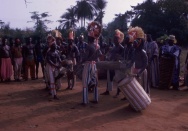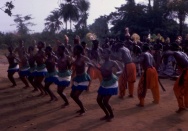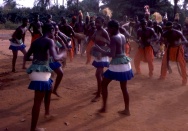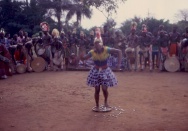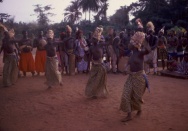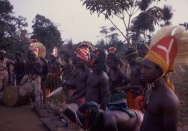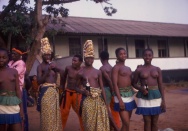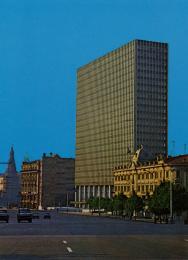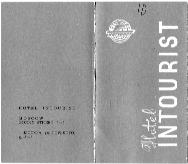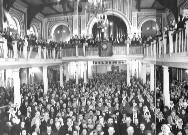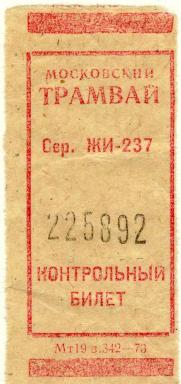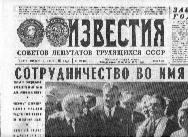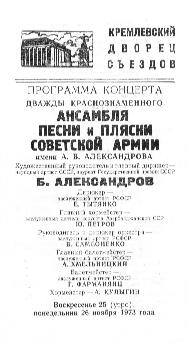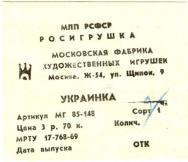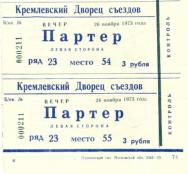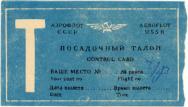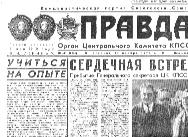1973
TUESDAY 6th MARCH
WEDNESDAY 7th MARCH
An audience with Pope Paul VI9.58pm. Today we shall always remember for the Papal Audience in St. Peter’s, in which we were privileged to participate. We were approaching the Colonnade of the Piazza San Petro just as the hour of nine o’clock was striking, and about twenty minutes later we were able to take our seats numbered 32 and 33, but almost all the remaining accommodation was benches. The great Church of St. Peter’s was closed to the public soon after we arrived. The seats were gradually filled, the candles lighted and the lighting switched on, amid growing excitement as the hour of 11.00am approached. The Pope was fifteen minutes late in appearing. He walked up the nave of the Church from the far end where we ourselves had entered, a slight figure entirely dwarfed by the vast proportions of the Basilica. The congregation clapped and applauded and flashlights exploded from all over the congregation. At the foot of the steps of the Bernini High Altar attendants waited on the Pope to change his vestments, then he ascended the steps to take his seat. From the position where we were seated we had a marvellous view. A simple service followed — prayer and the reading of the Epistle and Gospel, and then, as it was Ash Wednesday, ashes were blessed, and a number of people, priests and laity, came forward for the Pope to mark them with the ashes. The Pope gave a simple message after first greeting those present from different parts of the world, and explained the significance of Ash Wednesday and Lent, and what it meant to us as we approached the Easter Mystery. He then spoke in French, English, German and Spanish, and the service closed with the Papal Blessing. But this was not the end of the Audience. The Holy Father then came down to speak to individual people and hundreds strove to touch him. We were immensely impressed by the man. We were only a very few feet away and saw and felt his compassion and identification with the people. Everything about him spoke of humility. The feeling one had was that here was a shy and unassuming man willingly giving himself to the people. Really, there are no words adequate to express what was for us an immensely moving and wonderful experience. We shall never forget it. After we left St. Peter’s at close on 1pm we bought a couple of postcards, then caught the 81 ’bus back to the Via del Corso. The hotel receptionist had told us it was the 6[ ] ’bus we required to get us to the Vatican, but when we boarded one this morning and enquired of the conductor he told us we needed the 81. The ’bus service seems very good and they are almost always crowded. The fare is 50 lire for any distance. One boards the ’bus at the rear, paying the conductor on entering, then gradually pushes and shoves one’s way forward with the occasional “Permesso”, eventually alighting from the centre or front of the ’bus. |
THURSDAY 8th MARCH
...
|
|
FRIDAY 9th MARCH 1973
Our fourth time in Africa10.43pm GMT. When we landed here in Dakar, Senegal, just over sixteen hours ago, we set foot on African soil for the fourth time. We are now in our room 2260 at the Hotel Diarama, which is part of the Hotel Meridienne complex and the most fabulous hotel we have ever stayed in so far as its amenities are concerned. I can write no more as my head is swimming.
|
SUNDAY 11th MARCH
A healing in Senegal10.40pm. We got up at about 8.30 this morning. The Pastor we were with yesterday had arranged for transport to be available at the A.o.G. [Assemblies of God] Mission to take us to an English-speaking church if we so desired. Most probably I would have been asked to speak but I made no definite arrangement and did not feel we should go unless a definite invitation was forthcoming. As things turned out I was glad we stayed behind. After breakfast the “boy” [young man] came to do our room and I thought to ask him about the dumb lad we had been told about. He knew about him and began asking if I was a doctor; and then, after I had explained about our ministry to the sick, the “boy” asked if I could cure him. I had not noticed that he had a limp. His hip had been broken in a car accident five years ago, and the leg had become stiff and the knee difficult to bend. After laying hands on him he was able to kneel down and to move the leg with some considerable facility, and he was so grateful. He took our address, gave me his, and seemed most anxious that all his friends should be helped too, before we left on Tuesday. What he especially wanted to know was whether his friends could still be helped even at a distance. Yesterday I had said to Freda that I believed I could preach in French if I had to. I little dreamed I would be doing just that, after a fashion, less than twenty-four hours later. I gave my testimony of how Christ had changed my life completely, had healed my body and now sent me to minister to others. It was only as the “boy” was going — I did not want to keep him further from his work — that I thought to ask him whether he was a Christian or a Moslem. I was flabbergasted when he said he was a Moslem. The possibility had not for one moment entered my head. Here I had been talking to him about the Lord Jesus Christ and he had received every word, and I remembered what the Pastor had said to us yesterday, quoting Tommy Osborn [T.L. Osborn], that in a Moslem community “you have got to be able to produce.” What may come of this incident I have no idea, but that the Lord was in it I have no doubt. Freda seemed to think I was hardly justified in saying it was worth coming all this way just for one “boy”, but Jesus went a long, long way just for the Syrophenician woman. Do not I often say that if there was only one lost sinner Christ would still have come from the realm of glory to save that one? After this I tried to play the tape-recorder using the mains electricity, which is 220 volts. The plug which was fitted to the machine was unsuitable, however, so I went to Reception to see if they had one, and they sent me with a boy down to the workshop where a Frenchman found and fitted the right plug. So we were able to play the tape of last night’s African dancing [[LINK]], and part of the Pope’s address on Wednesday. After this it was time for lunch, and we had a very nice salad in the Coffee Shop; then after lunch we put on our swimming things and went on to the beach. It was not very warm however. The sun shone only dimly all day and there was a strong wind. We did strip off though for an hour or so. Freda was reading the Queen Alexandra book I gave her for Christmas, and I began reading Did You Receive the Spirit? by Fr. Tugwell. We also both dozed off. Later on we had a pot of tea and cakes at the open-air La Paillota where we were soon joined by two of our English friends whom we have been bumping into. They are much older than us and come from Norfolk, but seem to appreciate our company as we have theirs. The man — someone else whose name we don’t know — wanted to know about our work, so for the second time in a few hours we were speaking about what we are doing here. The remainder of the afternoon and evening I spent writing until 9.00pm when we had dinner in the Coffee Shop, chicken and chips. Afterwards we had a walk round. |
WEDNESDAY 14th MARCH
...
MONDAY 25th NOVEMBER 1973...
Previous chapter || Next chapter || Index || Search |
